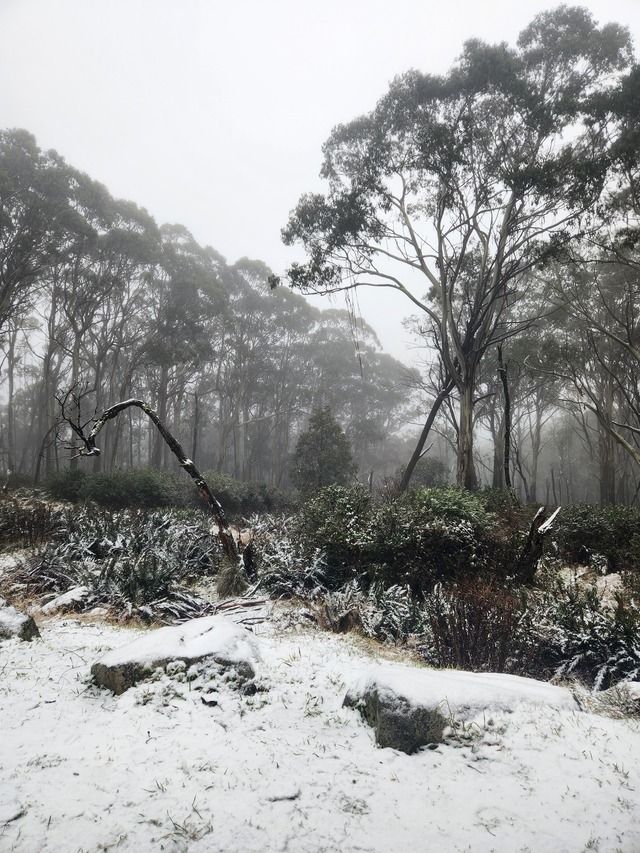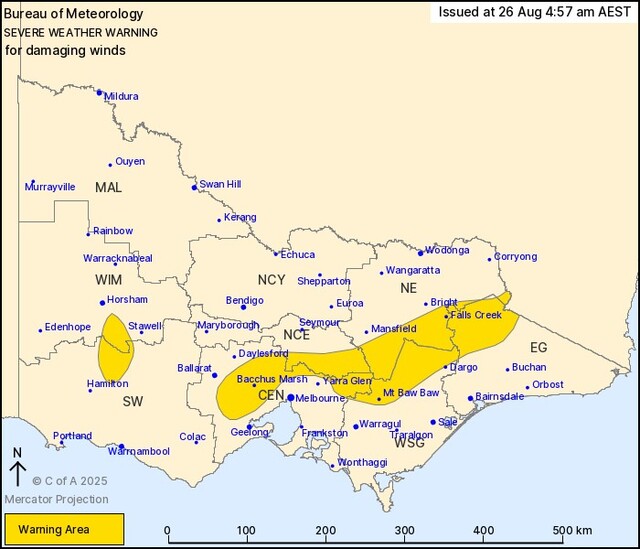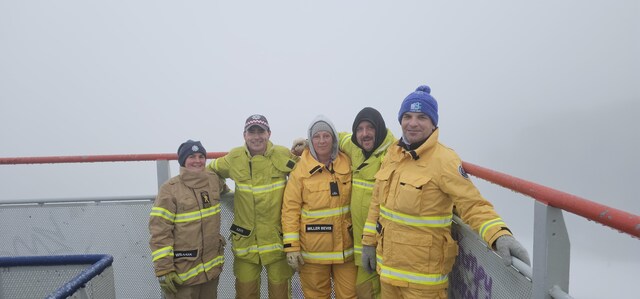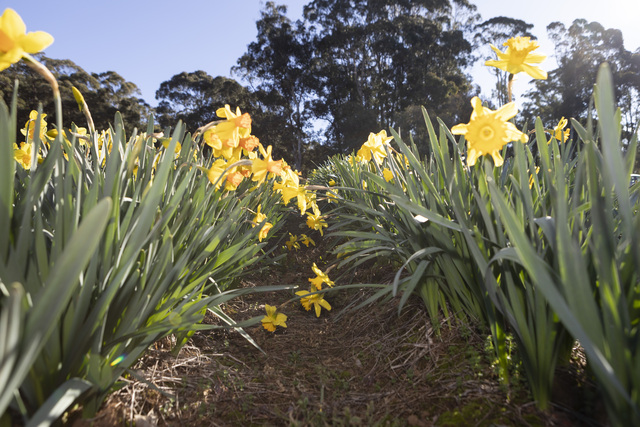By Kath Gannaway
WITH climate change – and more particularly what politicians are prepared to do about it – taking a higher profile among the wider community as an election issue, last week’s C4 (Communities Combatting Climate Crisis) forum provided a chance to quiz the McEwen electorate candidates.
Sitting Liberal MP Fran Bailey, The Greens’ Steve Meacher, Australian Labor Party’s Robert Mitchell and David Kane from the Democrats delivered an insight into their parties’ policies and their personal stand, on climate change to a 90-plus, green-tinged audience.
Mark Wakeham from Greenpeace introduced the forum as an opportunity community members – voters – to hear what each party’s policy is on climate change and to gauge their political and personal commitment to tackling the problem.
“We have had 20 years’ arguing about whether the science is right and how seriously we have to take it,” he said, setting the scene.
“Now we are chasing false and dangerous solutions and ignoring some of the easy solutions,” he said before spelling out the need, the level and the time frame for reducing emissions.
While there was unilateral acknowledgment that climate change is the most challenging and critical issue faced at both a national and global level, the perceived solutions were far from universal.
The first question, to ratify, or not, the Kyoto Protocol, provided a benchmark for the candidates’ stand on the wider climate change debate.
The Greens, Democrats and Labor would ratify, the Liberal Party, would not.
The other questions put to each candidate were to state their party’s main emission targets and their plans to achieve those targets, and the most significant changes each had made in their own lives to reduce their contribution to climate change and how they would encourage changes in McEwen.
Defending her government’s decision not to ratify, Ms Bailey said it was a deliberate choice of the Government not to ratify.
“We believe that the big emitters should be part of the solution,” she said.
She went on to say Australia would meet its Kyoto target in spite of the fact the Government has not ratified it.
Steve Meacher countered saying the onus was on developed countries that have already benefited from 150 years of unfettered emissions to act first.
All candidates declared their support for solar energy but there was a marked philosophical difference in the willingness to address problems associated with brown coal as a source of energy.
Mr Meacher said his party would, within three years, prepare a transitional plan to assist communities affected by phasing out coal.
Mr Mitchell said his party would “lead a clean energy revolution”.
While committing his party to invest in clean energy research and development he failed to address the impact of continued use of coal.
Mr Kane said his party would introduce a $5 a tonne export tax on coal with the top 10 coal exporting countries and use the revenue for rebates on energy efficiency retrofits, starting off with low income households.
Ms Bailey said advances in solar technology supported the belief that solar energy could play a bigger role in providing clean energy than previously thought.
Nuclear? There was, again unanimous personal opposition to nuclear as an energy solution.
Predictably, the Greens, Democrats were unequivocally opposed.
Mr Mitchell declared “I oppose nuclear … full stop”, while Ms Bailey vowed that there would be no nuclear reactors in McEwen.
Change in political climate
Digital Editions
-

Moderate snowfall to cover Mount Donna Buang this week
Mount Donna Buang will see moderate but consistent snowfall this week, starting on Wednesday 27 August. From Wednesday through to Sunday, 29 centimetres of snowfall…





